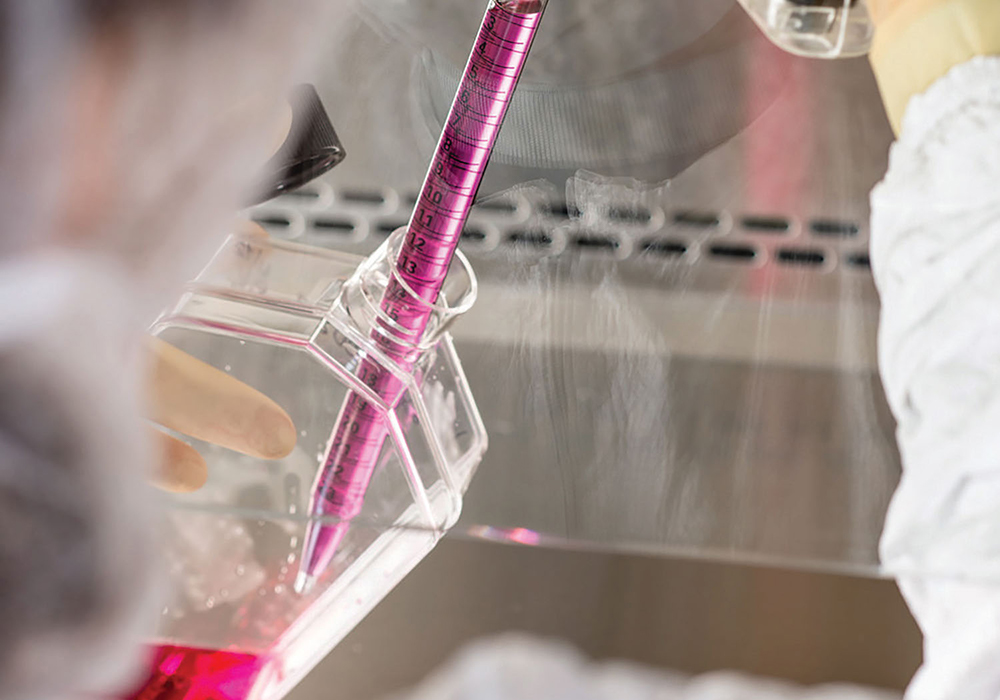Lab-developed antibodies using a single-chain diabody format can target TP53 or RAS variants in solid tumors and T-cell receptor (TCR) variants in blood cancers, researchers reported in study findings published in Science, Science Immunology, and Science Translational Medicine, respectively.
TP53 and RAS variants occur in around 50% and 30% of all tumors across many cancer types, including ovarian, pancreatic, and leukemia, and they are lucrative targets for scientists developing new treatments. Using mouse models, the researchers demonstrated that p53-specific diabodies shrank TP53-mutant tumors and RAS-specific diabodies modestly slowed tumor growth.
Blood cancers require a different approach. B cell-targeted immunotherapies kill both cancerous and healthy B cells, which is an acceptable sacrifice because they are less essential to a healthy immune system. Drugs that use the same approach for T cells would severely damage immune systems, so the researchers directed the treatment to TCR variants specific to cancerous T cells and found that the diabodies drastically lowered the amount of cancer in the mice. The mice also lived longer and maintained a functioning immune system.
Although the diabodies have been tested only in mice models so far, the findings are another step forward in approaching cancer treatment by genetic markers instead of tumor location. “This approach could be applied to other common mutations that are difficult to target by conventional means, allowing for more specific anticancer therapeutics,” the authors wrote.






